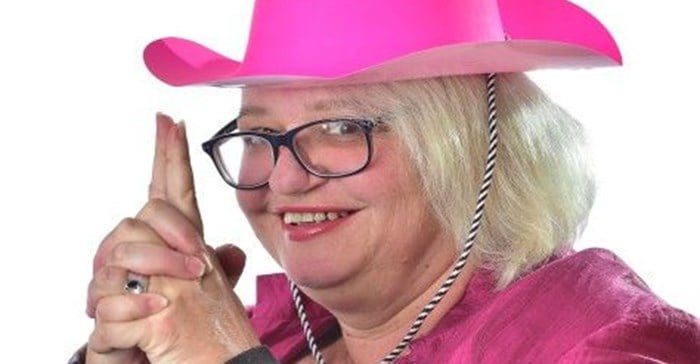#PraisethePR: Caroline Smith on the importance of PR

How, and why, has PR evolved?
C. V. Narasimha Reddi, in his book Effective public relations and media study, says that the very first PR department was created by the inventor and industrialist George Westinghouse in 1889 when he hired two men to publicise his pet project, alternating current (AC) electricity.
If we have not evolved since then, it would be worrying, given that, as a colleague of mine puts it: “The world has evolved and the way people form opinions and hunt for information has evolved”.
So, yes PR has evolved, but, again as my colleague cautions, part of that evolution has been an increase in the need to combat confirmation bias. And I agree with her. It’s more than PR's role, it is its duty, to find ways to address that bias and allow for different voices and stories to be told.
How are brands using PR today to reach their goals and various audiences?
Part of the answer to this depends on how you define PR. At Flow, we like to define it as “getting the people you want to like, trust and believe you to like, trust and believe you”.
Within this definition,brands blend themselves into the existing conversation, rather than standing on a street corner demanding to be listened to. They use a combination of owned, earned and paid media to avoid what my colleague describes as the reality of the one way stream of white noise comms.
Why is PR is an important part of the marketing mix and why does it need to be recognised by the C-suite and sit at the board table?
Part of this answer to this has to do with authenticity. An authentic brand that is part of the conversation, is building up an intangible bank of goodwill - which it will probably be grateful for. While recognition of PR is getting better, there is still too much of a tell, rather than listen attitude. Communications is seldom leading and it certainly is not shaping ops and policy agendas.
Are the skills we need for PR today and tomorrow available?
All skills are available, but if you mean do the graduates of today have the requisite skill set - not often. Academically, the PR courses appear, from the skill set of graduates we interview, to be stuck in an old, outdated skill set - and more interested in teaching by rote than in teaching to think.
In your experience, do you think young people still interested in a career in PR?
Yes, definitely. Whether they are clear what that job actually entails is a different matter. It’s definitely not the glamour or cut-throatedness portrayed in mass media. I have never, ever even been offered the opportunity to behave like Samantha from Sex and the City - whether I would or not.
The Prisa Prism Awards 2022 take place this Friday, 15 July.















































